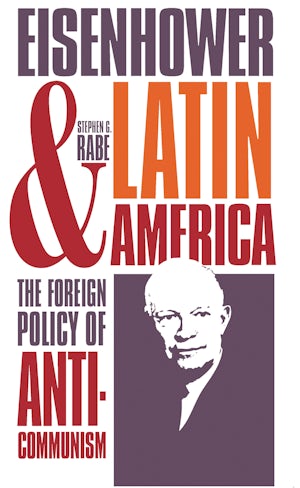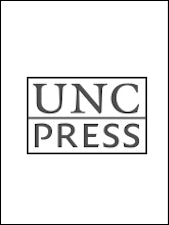Eisenhower and Latin America
The Foreign Policy of Anticommunism
By Stephen G. Rabe
248 pp., 6.125 x 9.25
-
Paperback ISBN: 978-0-8078-4204-1
Published: April 1988 -
E-book EPUB ISBN: 978-1-4696-1954-5
Published: October 2017 -
E-book PDF ISBN: 979-8-8908-8507-4
Published: October 2017
Buy this Book
- Paperback $42.50
- E-Book $29.99
Awards & distinctions
1989 Stuart L. Bernath Book Prize, Society for Historians of American Foreign Relations
During his first term, Eisenhower paid little attention to Latin America but his objective there was clear: to prevent communism from gaining a foothold. The Eisenhower administration was prepared to cooperate with authoritarian military regimes, but not to fund developmental aid or vigorously promote political democracy. Two events in the second administration convinced Eisenhower that he had underestimated the extent of popular unrest--and thus the potential for Communist inroads: the stoning of Vice-President Richard M. Nixon in Caracas and the radicalization of the Cuban Revolution. He then began to support trade agreements, soft loans, and more strident measures that led to CIA involvement in the Bay of Pigs invasion and plots to assassinate Fidel Castro and Rafael Trujillo. In portraying Eisenhower as a virulent anti-Communist and cold warrior, Rabe challenges the Eisenhower revisionists who view the president as a model of diplomatic restraint.
About the Author
Stephen G. Rabe is associate professor of history at the University of Texas at Dallas.
For more information about Stephen G. Rabe, visit
the
Author
Page.
Reviews
"Rabe writes so lucidly and rationally that one can readily understand what happened under Eisenhower and why current Latin American policy indicates that we have learned little from that experience."--Teaching History
"An excellent study, careful in its assertions, well researched, and clearly written--an important addition to the literature on U.S.-Latin American relations and on the Eisenhower administration."--International History Review




